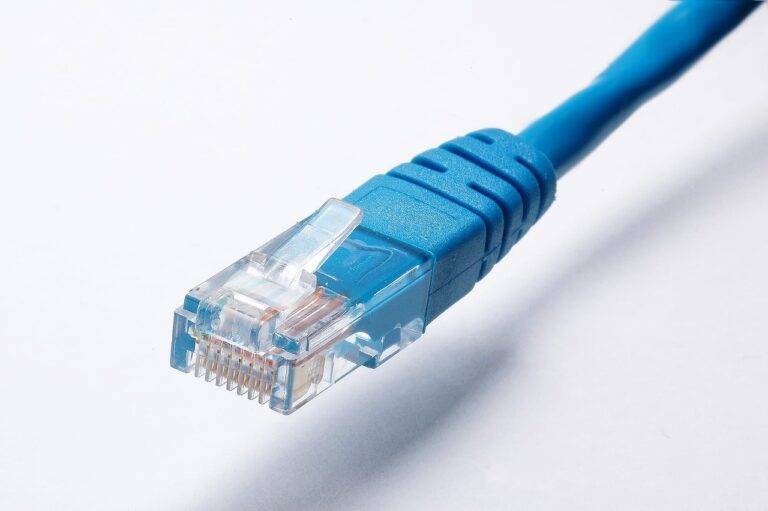The Future of Blockchain in Intellectual Property Protection
Blockchain technology has emerged as a powerful tool in the realm of intellectual property protection. By leveraging its decentralized and secure nature, blockchain offers a robust solution for addressing issues related to copyright infringement, counterfeiting, and unauthorized use of intellectual property. Through the use of immutable ledgers and cryptographic hashes, blockchain provides a tamper-proof system that can help establish ownership rights and track the provenance of digital assets with unparalleled transparency.
The ability of blockchain technology to create a verifiable and permanent record of transactions makes it particularly well-suited for enhancing the protection of intellectual property rights. With smart contracts, self-executing contracts with the terms of the agreement directly written into code, blockchain can automate the enforcement of licensing agreements, royalty payments, and other aspects of intellectual property management. By reducing the need for intermediaries and streamlining the legal processes involved in intellectual property protection, blockchain technology offers a promising avenue for innovators, creators, and businesses to safeguard their valuable intellectual assets.
Understanding the Role of Smart Contracts in IP Rights
Smart contracts have emerged as a revolutionary tool in the protection of intellectual property (IP) rights. These self-executing contracts are built on blockchain technology, which ensures transparency, security, and immutability. By utilizing smart contracts, creators and owners of IP can establish ownership, rights, and permissions in a tamper-proof and automated manner.
One key advantage of smart contracts in IP rights is the elimination of intermediaries in the enforcement of agreements. Through self-executing code stored on a decentralized ledger, creators can ensure that their IP rights are automatically enforced without the need for third-party interventions. This not only streamlines the process but also reduces the potential for disputes and infringement.
What is blockchain technology and how does it relate to intellectual property protection?
Blockchain technology is a decentralized and distributed ledger system that records transactions across a network of computers. It can be used to securely store and track ownership of intellectual property assets, providing a transparent and tamper-proof way to protect IP rights.
What are smart contracts and how do they play a role in IP rights?
Smart contracts are self-executing contracts with the terms of the agreement directly written into code. They can automate and enforce agreements related to intellectual property rights, such as licensing agreements or royalty payments, without the need for intermediaries.
How can smart contracts help streamline the process of managing IP rights?
Smart contracts can streamline the process by automating tasks such as verifying ownership, enforcing copyright and licensing agreements, and facilitating royalty payments. This reduces the need for manual intervention and minimizes the risk of errors or disputes.
Are there any potential challenges or limitations to using smart contracts for IP rights?
Some challenges include the complexity of coding smart contracts, ensuring legal compliance with existing IP laws, and the potential for technical vulnerabilities. It is important to carefully consider these factors and seek legal advice when implementing smart contracts for IP rights management.





